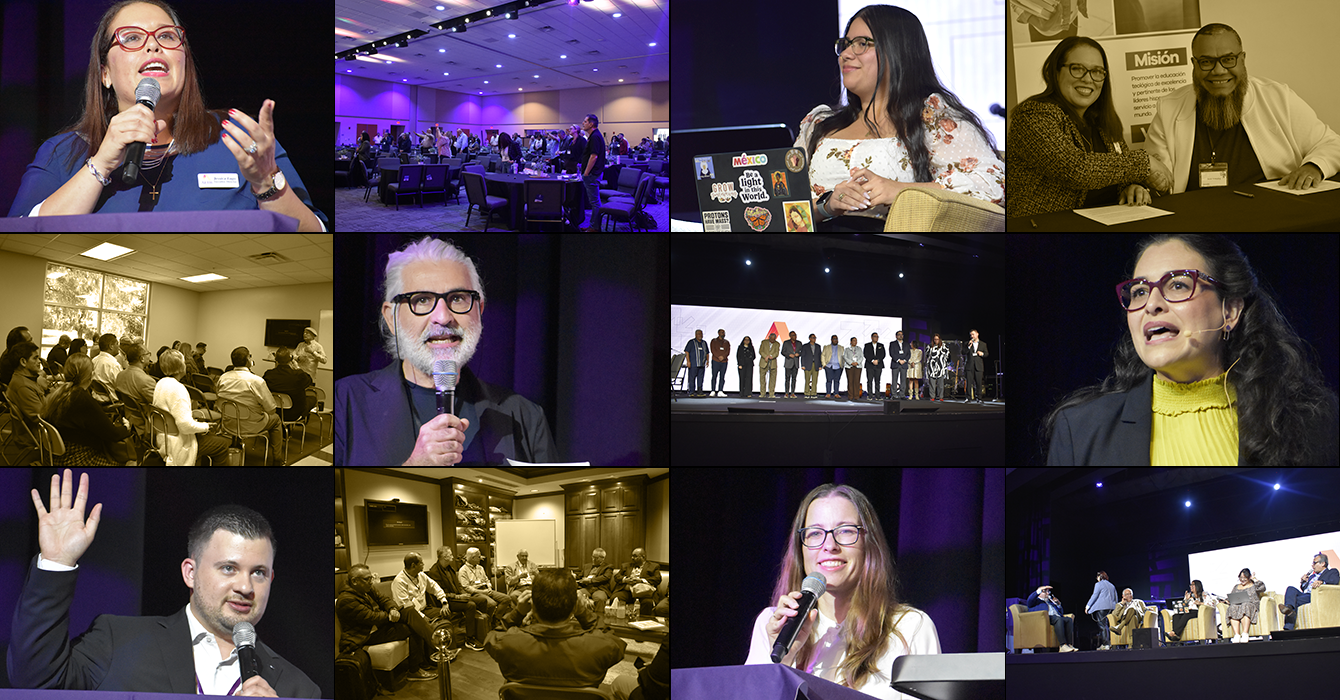
How are you forming the members of your congregation? How did you become who you are? What influences shaped the way you see and show up in the world?
These provocative questions are the focus of a new book by Christina Jones Davis and Tim Shapiro. In “The Formative Power of Your Congregation,” Davis and Shapiro suggest that our lives are formed “throughout our experience, but particularly by congregational practices for the sake of our participation in God’s aims beyond the doors of the church.” In other words, the interactions we have with neighbors and the service we offer to people in our daily lives play a significant part in our spiritual formation.
As leaders, we are called to be attentive to specific formational practices as well as the kind of people we are forming. We do this by seeing human development holistically. According to Davis and Shapiro, human development happens within the context of “life arenas,” which may include family, vocation, finances, wellness, the arts, education and social justice.
Anyone leading a congregation in the modern era should understand that the church isn’t always the most significant factor in someone’s formation — even when that person was raised in church. “The Formative Power of Your Congregation” is written with the assumption that the purpose of your congregation is not to become bigger; it is “the development of human beings and the flourishing of the local community.” Davis and Shapiro offer a curriculum framework and powerful stories to help you and your congregation think about the important work at the intersection of faith and human development.

Prince Rivers
Editor, Alban at Duke Divinity
Resources
The Formative Power of Your Congregation
Congregations are often well-versed in matters of Christian formation and spiritual maturation. But what about how human beings develop as people? Moving churches from a loose volunteer association, in this book you will learn how your congregation can form people in lives of meaning and purpose.
Empowering the next generation: 5 leadership frameworks for a changing world
A recent intergenerational meeting prompted a director of programs and grants for Leadership Education at Duke Divinity to reflect on ways to engage Gen Z leaders.
By Elizabeth Tamez Méndez
Young women are leaving churches at higher rates than young men
Cultural and societal shifts have led to new gender dynamics in congregations, a study says.
By Shari Finnell
Strengthening spiritual formation using psychology
The pastor and psychologist leads a project that helps seminaries evaluate their goals of spiritual formation.
Interview with David Wang
Formation is collective work
The prophet Jeremiah presents a vision for spiritual formation that includes the faith-related institutions and organizations that surround families and congregations.
By Alaina Kleinbeck
P.S.
As a parent and a pastor, I often think about my formation and how my vocations form others. I think about the ways in which my 200-member PCUSA church formed me during my childhood. I think about the friends I made at church as well as the friends I made at school. So many adults in the congregation took time to notice me and other young people. They invested in us.
As I think about my ministry as both a parent and a pastor, I agree with Davis and Shapiro that the power of connection is crucial to human development. In my congregation, people will arrive at the sanctuary an hour or more before the service just so they can talk to one another. If you’re looking for a well-written resource on human and spiritual development, I think you’ll appreciate what Davis and Shapiro have to offer.
You can always reach me and the Alban Weekly team at alban@duke.edu. Until next week, keep leading!





